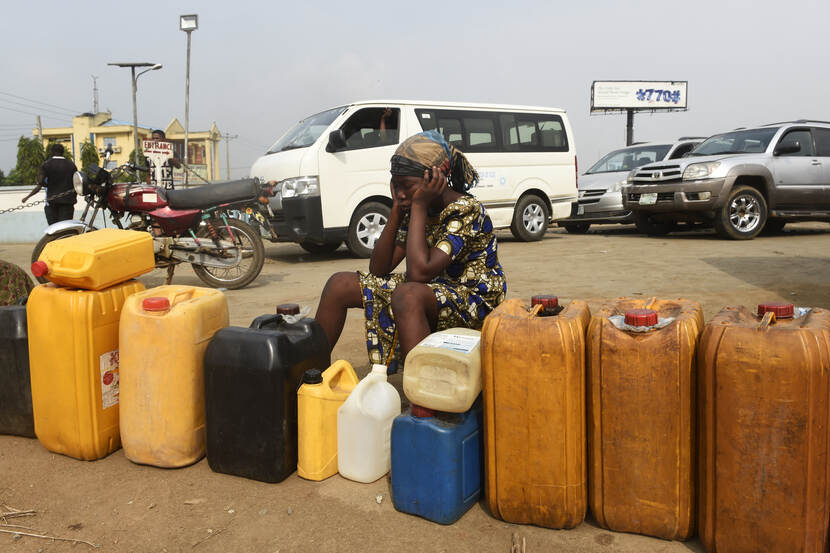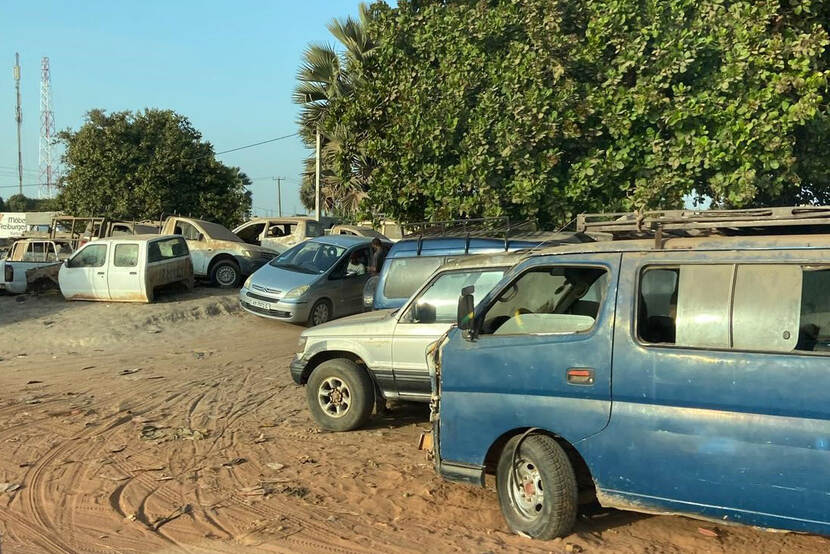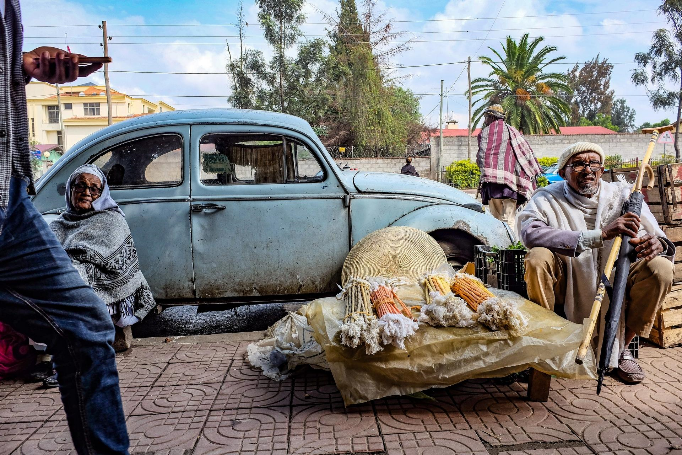Petrol fuel quality and its effects on the vehicle technology and the environment
TNO has written the report ‘Petrol fuel quality and its effects on the vehicle technology and the environment’ for the Human Environment and Transport Inspectorate (Inspectie Leefomgeving en Transport, ILT). The report shows the effects of using fuels exported to Africa. These fuels are unsuitable by European standards. TNO investigated the effects on humans and the environment of using high-sulphur, high-benzene petrol containing manganese. This summary contains the most important parts of the report.
Main conclusions
- Fuels blended in the Netherlands harm people's health and pollute the environment when used in African countries.
- The composition of the fuels causes, among other things, catalysts to stop working. Sometimes, this even leads to unfiltered emissions. This also occurs when the fuel is used in relatively young and ‘clean’ vehicles.
- Countries that aim to use fewer ‘old’ and more ‘younger’ cars and vans to tackle air pollution and smog will not achieve their goal if these fuels are used.
- The public is thus exposed to extra and unnecessary levels of carcinogenic benzene, sulphur dioxide, and particulate matter. This quality of fuel is not permitted in Europe, but it is transported to countries where legislation is less strict than in Europe.

Introduction
The aim of the study is to evaluate the quality of automotive fuels intended for the African market. And its effects on people and the environment. The foundation for the study was the 2018 ILT report on automotive fuels destined for Africa. The current report shows the effects of the use of fuels in Africa. These fuels are unsuitable by European standards. The findings in this report are worrisome. The automotive fuels produced in the Netherlands for the African market have high levels of benzene, sulphur, and manganese. These substances are harmful to human health and they pollute the environment.
An additional 1 billion passenger vehicles are expected to arrive mainly in non-OECD countries in the next 30 years. Non-OECD countries are countries that do not belong to the Organisation for Economic Cooperation and Development. Clean air and meeting climate targets are on the agenda worldwide. The working method of fuel producers is not in line with this.

Europe
Step by step, the quality of fuels within Europe has improved significantly over the past decades, but the quality of petrol to Africa has not improved the same way. Under current laws and regulations, these types of fuels can be exported. Yet from a societal point of view, this is undesirable. Fuels whose use in Europe is unjustifiable due to health risks are exported, because the receiving countries do not set the same standards.
Triptych
The Petrol fuel quality and its effects on the vehicle technology and the environment report is the third report that the ILT publishes. In June 2018, the ILT reported the investigation into the quality of fuels produced in the Netherlands and exported to (West) African countries. The conclusion was that fuel traders are making the most of the wider legal standards of the countries concerned. TNO’s follow-up research this year shows the actual consequences of using these fuels investigated in 2018.

In October 2020, the ILT published a report on the quality of used cars destined for African countries.
The ILT shares the 3 reports as an overall picture with the parties involved, including the Public Prosecution Department and the Ministry of Infrastructure and Water Management. State Secretary Van Veldhoven shares the report with the Dutch House of Representatives.
Action
The ILT calls the fuel producers operating in the Netherlands to account for their producer responsibility based on the legally required duty of care (Environmental Management Act). The aim is that in the future, the companies operating in the Netherlands will export fuels of European quality instead of ‘just-fit-for-purpose.’ In other words: fuels that push the boundaries of the broader legal standards in the countries of destination.
The ILT is referring to scaling down the blending of products with high levels of benzene and other carcinogens in petrol, the use of non-desulphurised blendstocks, and the application of manganese-containing additives to fuels for road traffic.